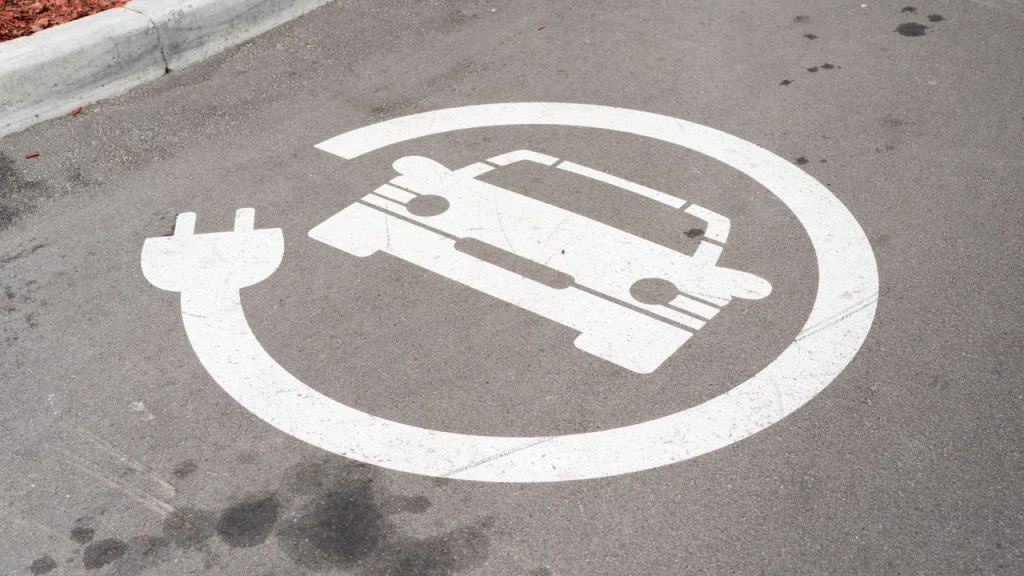The Role of Electric Cars in Reducing Greenhouse Gas Emissions
Electric cars are playing a crucial role in the global effort to achieve carbon neutrality and combat climate change. As the world becomes increasingly aware of the detrimental effects of greenhouse gas emissions, clean transportation options like electric vehicles (EVs) are gaining popularity due to their potential for emissions reduction.
Carbon Neutrality and Electric Cars
Carbon neutrality refers to the state in which an entity, such as a country or a company, has a net-zero carbon footprint. This means that the entity is not adding more carbon dioxide or other greenhouse gases into the atmosphere than it is removing. Electric cars contribute to carbon neutrality by significantly reducing emissions compared to traditional gasoline-powered vehicles.
Unlike internal combustion engines, which burn fossil fuels and release carbon dioxide into the atmosphere, electric cars are powered by electricity stored in rechargeable batteries. This means that they produce zero tailpipe emissions. Even when accounting for the emissions associated with electricity generation, electric cars are still more environmentally friendly than their gasoline counterparts.
Clean Transportation and Electric Cars
Electric cars are a prime example of clean transportation. They offer a sustainable alternative to conventional vehicles, which rely on fossil fuels and contribute to air pollution and climate change. By transitioning to electric cars, we can significantly reduce our dependence on fossil fuels and mitigate the negative impacts of transportation on the environment.
In addition to reducing greenhouse gas emissions, electric cars also have the potential to improve air quality. Traditional vehicles emit pollutants such as nitrogen oxides and particulate matter, which have detrimental effects on human health. Electric cars produce zero tailpipe emissions, resulting in cleaner and healthier air for everyone.
Emissions Reduction and Electric Cars
The widespread adoption of electric cars can lead to a substantial reduction in greenhouse gas emissions. According to studies, electric cars produce approximately 50% fewer emissions over their lifetime compared to gasoline-powered vehicles. This reduction is primarily due to the cleaner source of energy used to power electric cars and the higher energy efficiency of electric drivetrains.
Furthermore, as the global energy sector continues to transition towards renewable sources, the emissions associated with charging electric cars will decrease even further. Renewable energy, such as solar and wind power, is becoming increasingly prevalent, making electric cars an even greener transportation option.
Conclusion
Electric cars play a vital role in reducing greenhouse gas emissions and promoting a more sustainable future. Their contribution to carbon neutrality, clean transportation, and emissions reduction cannot be understated. As technology continues to advance and renewable energy becomes more accessible, the environmental benefits of electric cars will only increase.
By choosing electric cars over traditional vehicles, individuals and communities can make a significant positive impact on the environment. It is crucial for governments, businesses, and individuals to support the widespread adoption of electric cars and invest in the necessary infrastructure to facilitate their growth. Together, we can work towards a cleaner and greener future.


